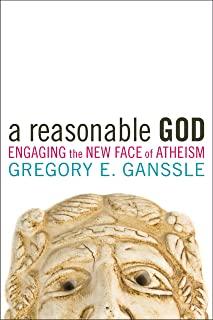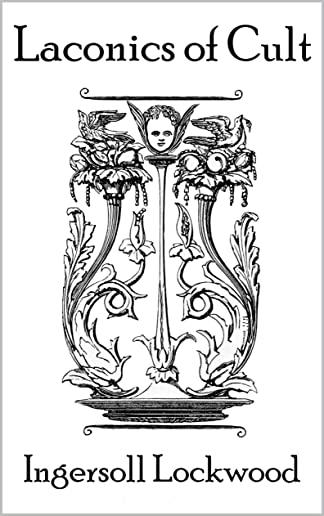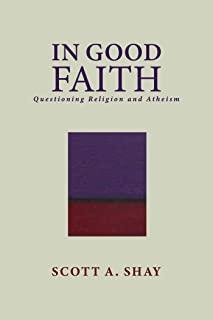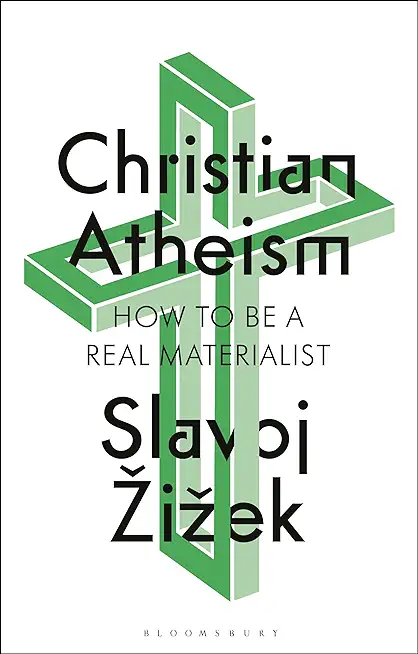
description
field of secularity and non-religion, focussing on the North American context. The introductory overview article explains that the field encompasses a wide and disparate set of people and processes. These include the religious nones and unaffiliated, atheists and agnostics, secular humanists and secular activists, and many other kinds of the "traditionally nonreligious" along with novel forms of secular identities, organizations, and worldviews. Chapters highlight the key topics, findings, arguments, and controversies from the past 20 years of research, including issues of secular and nonreligious identity, health, organization, family, inequality, discrimination. The book is illustrated throughout with over 60 images and each chapter includes guidance on further reading. A glossary of key terms and concepts is included. This is a much-needed resource for teaching secularity and non-religion, as well as the sociology of religion. The chapters in this book were first published in the digital collection Bloomsbury Religion in North America. Covering North America's diverse religious traditions, this digital collection provides reliable and peer-reviewed articles and ebooks for students and instructors. Learn more and get access for your library at www.theologyandreligiononline.com/bloomsbury-religion-in-north-america
member goods
No member items were found under this heading.
Return Policy
All sales are final
Shipping
No special shipping considerations available.
Shipping fees determined at checkout.







